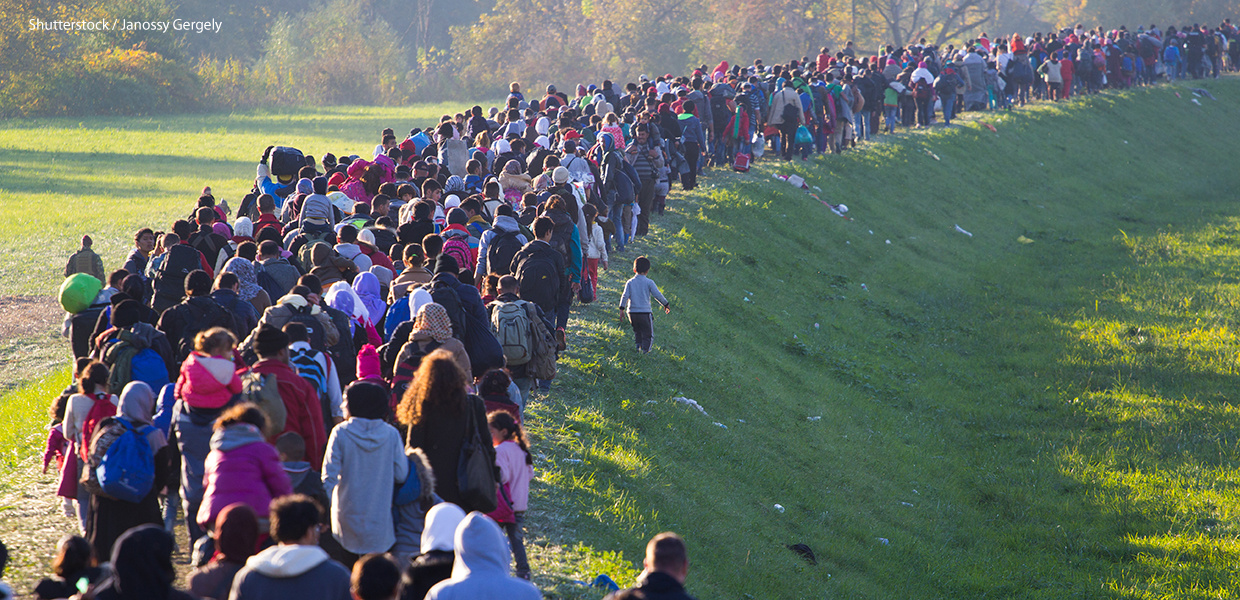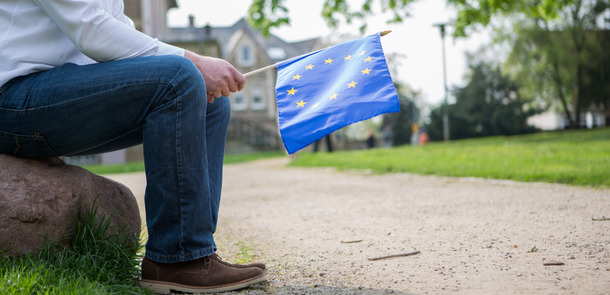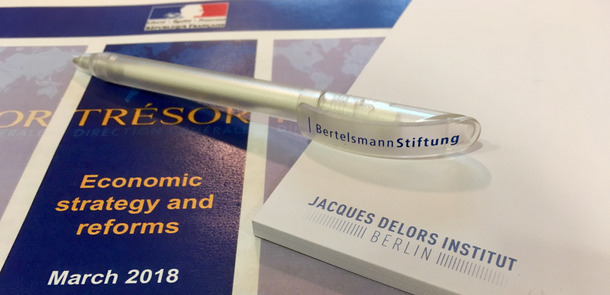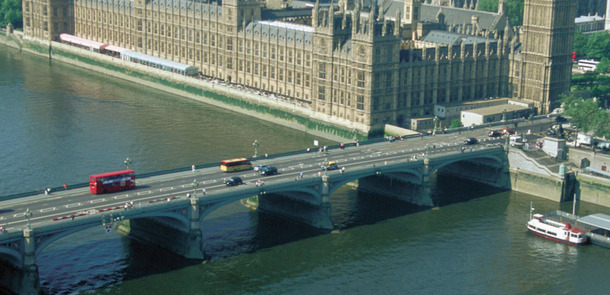Without stability in its southern and eastern neighbourhood, the EU cannot cope with the challenges of migration. Without more solidarity and understanding within the EU, further divides in the Union will be difficult to prevent.
Since the beginning of 2015, the EU has seen an influx of more than a million refugees (measured only by those applications for asylum filed in Europe in 2015, without any dark figure estimates), mainly from Syria and Libya, Iraq, Afghanistan, but also from Pakistan and the African countries Nigeria, Eritrea and Somalia – and it is not likely to end soon. People are escaping from war and terror at home, but even more so from the political framework conditions of a leadership characterised by human rights violations and massive restrictions of human liberties, be it by the respective governments or the terror regime of fundamentalist movements such as the Taliban or the “Islamic State”. In addition, the socio-economic situation makes life more difficult and do not offer future perspectives for the young people in the countries of origin or transit countries. And since 2014, the war in Ukraine has also caused approx. one million people to flee from their homes.
We want to give answers with several project modules:
The European Union as well as the Western Balkan countries applying for EU membership are being increasingly overtaxed by the situation. Without stability in its southern but also eastern neighbourhood, the European Union will hardly be able to deal with the challenges of migration in the medium and long term.
The European economic and social area is entering a new era of cooperation with its immediate southern and eastern neighbors. This has created a whole new dynamic for learning from each other and exchanging ideas on democracy and employment. It is essential to support this, to the benefit of both sides, through Bertelsmann Stiftung’s projects.
At the same time, the Central and Eastern European EU member states (with the Visegrad states Poland, Hungary, Czech and Slovak Republic at the fore), in particular, more often than not refuse to accept basic principles of inner-European solidarity, to develop a common European asylum policy and agree on a common foreign and security policy. Reasons are manifold and not always understood by the “old” EU member states, just as the Central and Eastern Europeans often lack the understanding for the necessity of common action. Instrumentalising the refugee issue within the EU threatens to divide the Union.
Our project work on the European dimension of the refugee issue wants to take these contexts into account and help to give answers to the following questions:
- How can the EU contribute to stabilising its neighbours?
- How to prevent that the refugee issue within the EU is made instrumental in dividing the EU?
- What should the EU do to overcome its internal paralysis and Division?
„Reviewing the Review“: Strategic reorientation of the European Neighbourhood Policy in times of flight and migration.
The European Neighbourhood Policy (ENP) is an important instrument by which the EU can contribute to stabilising the situation in the refugees’ countries of origin. In 2015, the ENP was thoroughly reviewed and adapted to take the framework conditions, changed by the conflicts and crises in these countries, into account.
However, this review has, to date, not sufficiently considered the further escalation due to refugee movements mainly from Syria since the summer of 2015. This has made a “review of the review” necessary: To what extent do flight and migration have a destabilising effect on the countries of origin and the European Neighbourhood Policy? How to differentiate the ENP in more detail vis-à-vis the constantly changing situation? Which instruments does the EU need for an ENP coming up to those challenges?
Our new series of regularly published Facts on the European Dimension of Displacement and Asylum give insight into the situation in the countries of origin. They give a short and precise presentation of the facts and assess the medium-term development in the country and the impact of the changes for the European neighbourhood policy.
The fact sheets and additional contents of our work are integrated in contributions to the European Neighourhood Policy debate.
Debates for a common European refugee policy
Within the EU we need more mutual understanding for individual, often historically and culturally grounded national sensitivities. These express themselves in different attitudes vis-à-vis joint, all-European action as regards refugee/asylum/integration policies, ranging from categorical refusal to a general acceptance of refugees (“welcome culture“).
At the time, we need more understanding on all sides that and why we urgently need such a joint action if the EU wants to remain a community of values and solidarity in the future.
We must foster dialogue and mutual understanding for the sensitivities and interests of all sides concerned. We want to address the interested public, and in particular the younger generation, mainly in the Central and Eastern European member states, with a series of debates: their aim is to promote understanding for the necessity of a joint policy.




